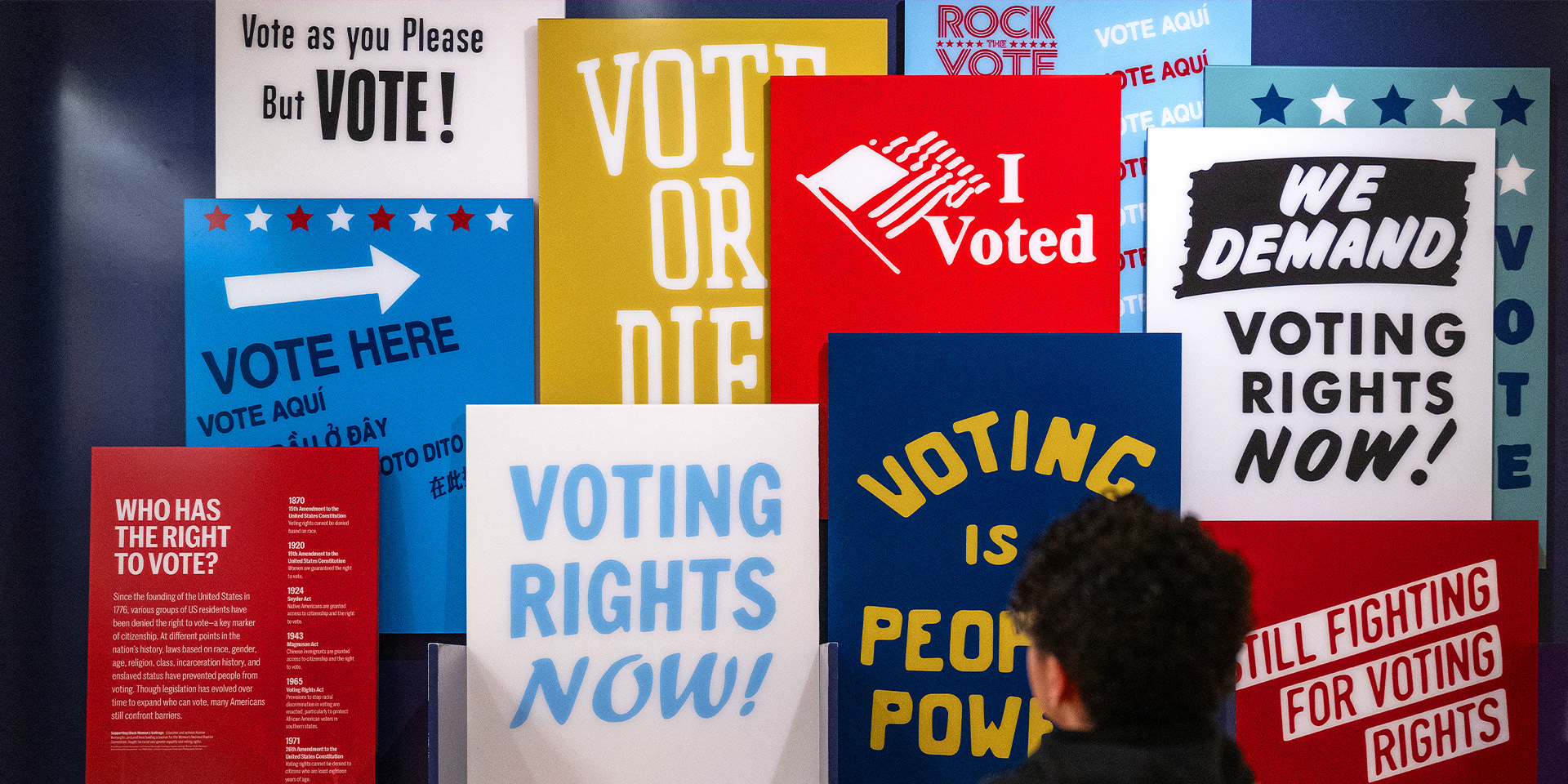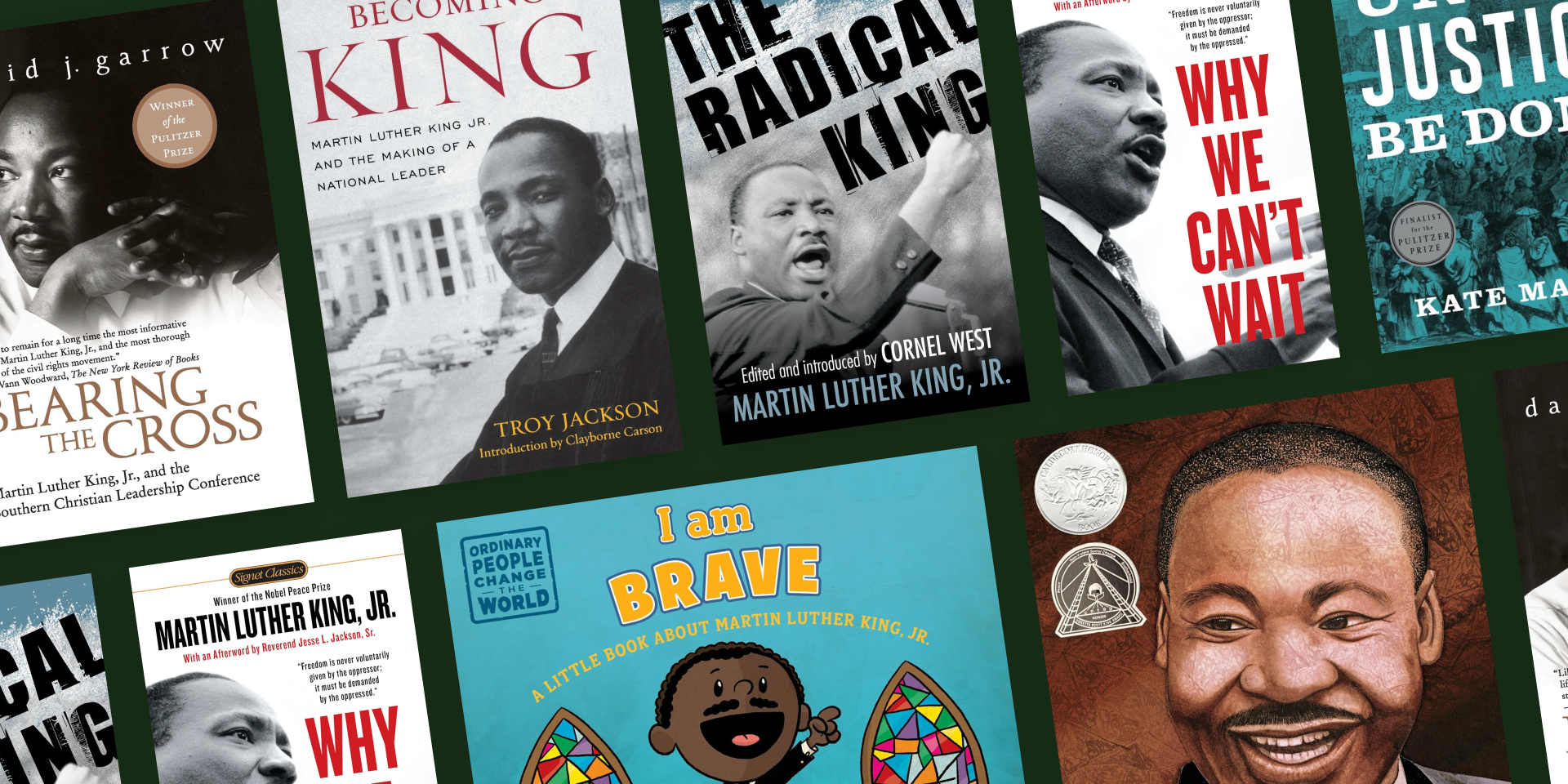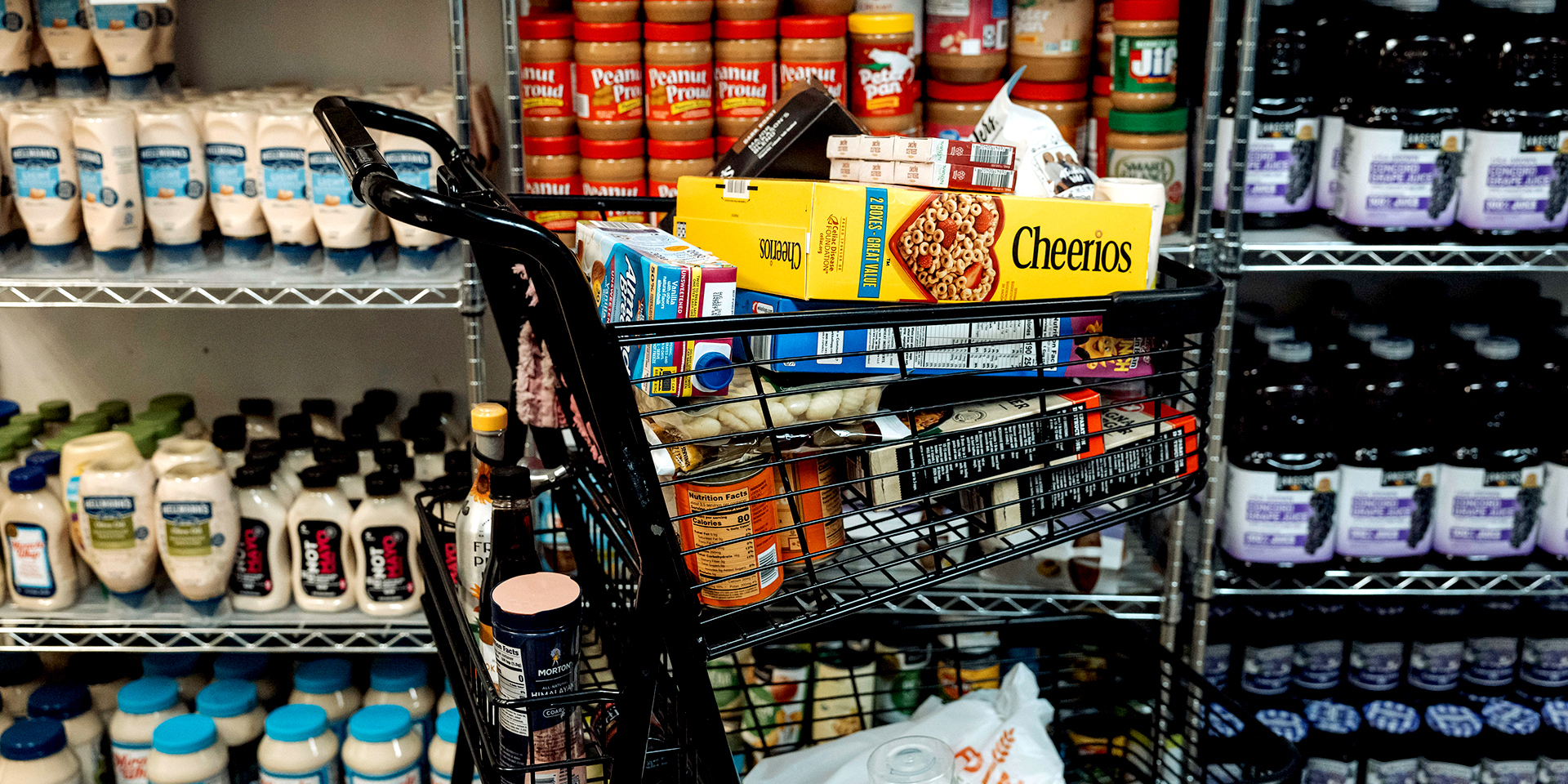While the nation watches the slow-rolling car crash that has been the Trump tariff policy, Republicans in Congress have been moving forward on another part of the Project 2025 agenda: making it more difficult to vote.
The House passed its version of the Safeguard American Voter Eligibility (SAVE) Act last month, with every Republican representative and several Democrats voting in favor. In the Senate, the Republican majority will also need Democrats to cross the aisle and support the bill for it to become law.
In an op-ed published in the Orlando Sentinel this week, Southern Poverty Law Center President and CEO Margaret Huang said that cannot be allowed to happen.
“The bill would upend voter registration as we know it,” Huang wrote. “The burden would fall most heavily on people of color in low-income and rural areas, the disabled and young and older people.”
Under the bill, eligible voters would have to show a birth certificate, passport or naturalization papers to register to vote. But an estimated 1 in 10 Americans do not have access to these documents, she wrote. And, in the Deep South, that figure is even higher.
“Racial apartheid in the South meant Black people, especially in rural areas, were routinely denied the ability to give birth in hospitals,” Huang wrote. “Because of that, many people alive today were never issued birth certificates. That’s not to mention documents that have been lost to time or destroyed in the growing number of climate disasters impacting the region.”
The bill, if it were to become law, would also require voters to register in person. According to data from the U.S. Election Assistance Commission, an estimated 80 million people register or reregister to vote every election cycle. But fewer than 5 million of these voters register in person at an election office.
“That means no more online voter registration, no more neighborhood registration drives and no more mail-in voter registration — a dramatic departure from the relative convenience with which voters have registered for decades,” Huang wrote.
Married women in particular would face additional challenges in registering if they have assumed their spouse’s last name. If their married name does not match the name on their birth certificate, they would have to provide alternate identification or court documents to verify their identity.
“In this dangerous time for our democracy, elected leaders must do everything they can to ease the path for voters while keeping our elections safe and secure,” Huang wrote.
To read Huang’s column in full, click here.
Image at top: In a photo from Jan. 31, 2024, a visitor looks at an exhibit on voting rights at the International African American Museum in Charleston, South Carolina. (Credit: Jim Watson/AFP via Getty Images)






